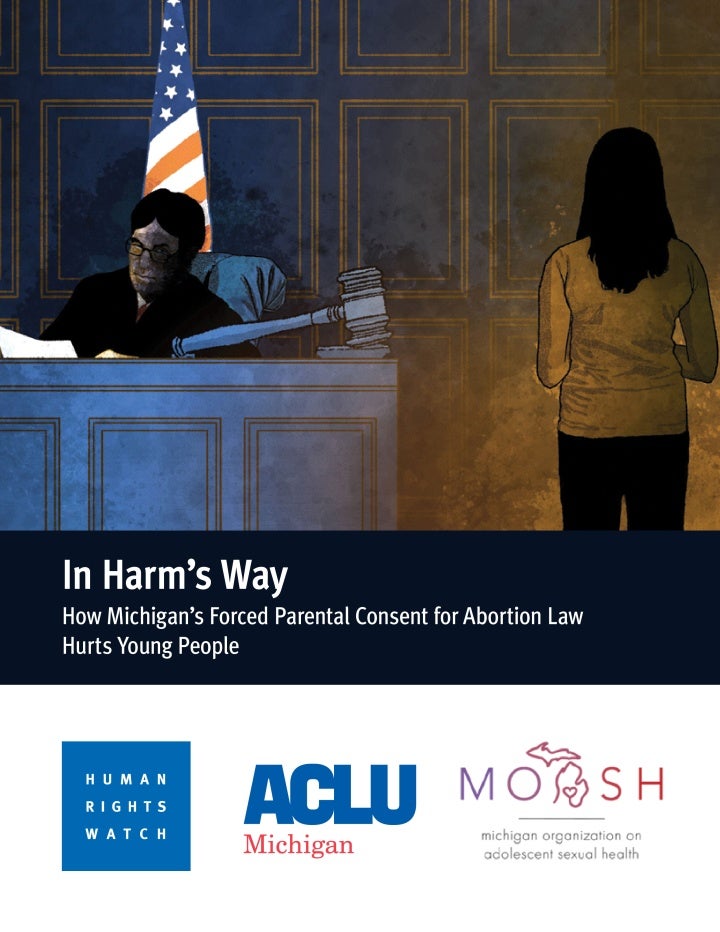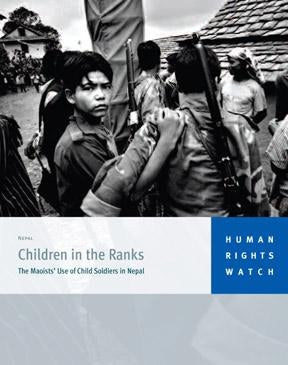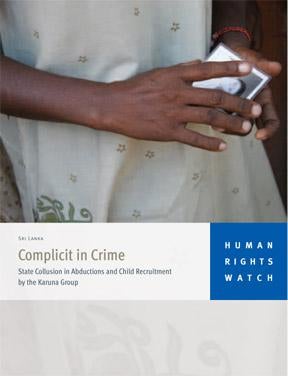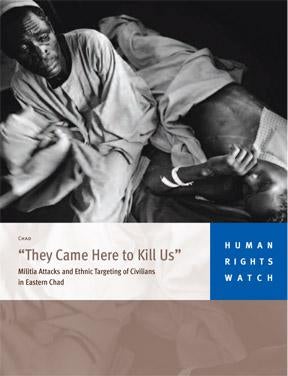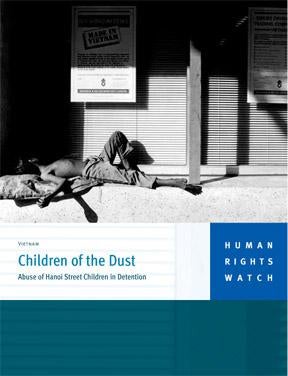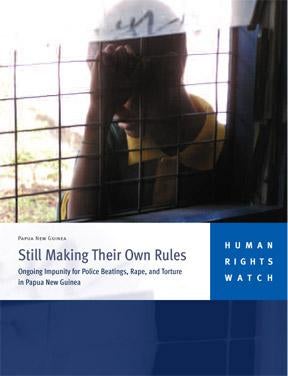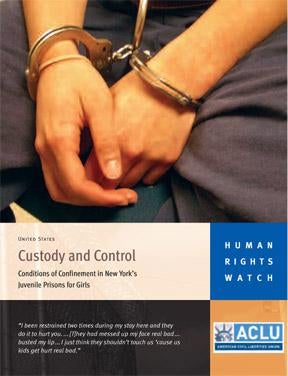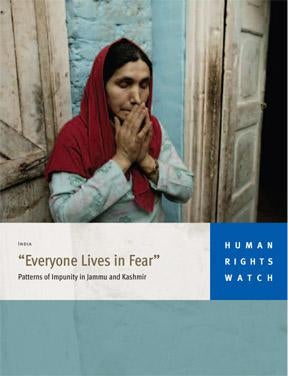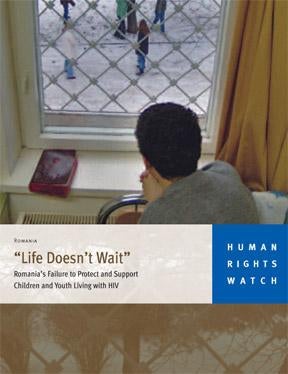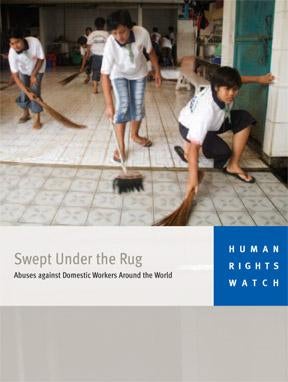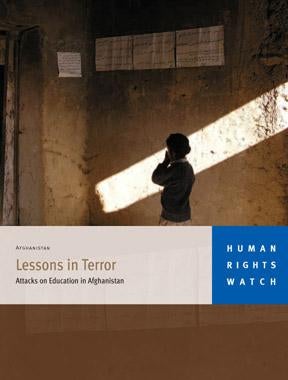In Harm’s Way
How Michigan’s Forced Parental Consent for Abortion Law Hurts Young People
The 36-page report, “In Harm’s Way: How Michigan’s Forced Parental Consent for Abortion Law Hurts Young People” examines the impact of a Michigan law that requires people under age 18 seeking an abortion to have a parent or legal guardian’s written consent or get approval from a judge in a process known as “judicial bypass.”
